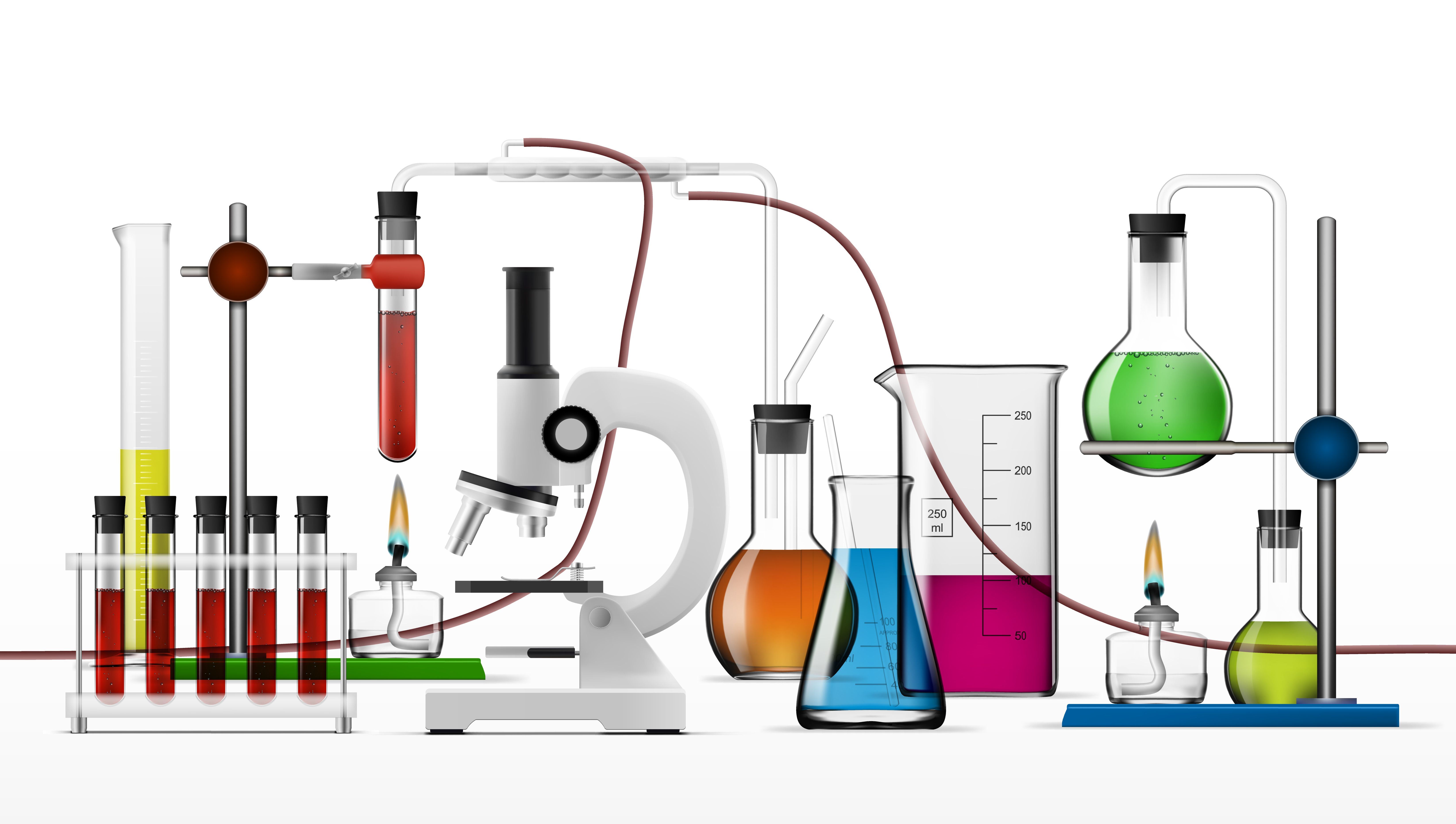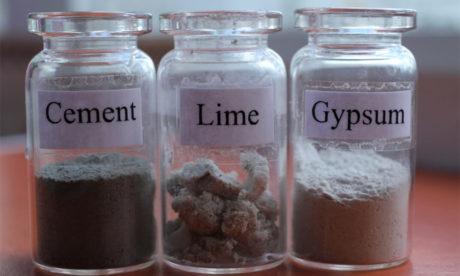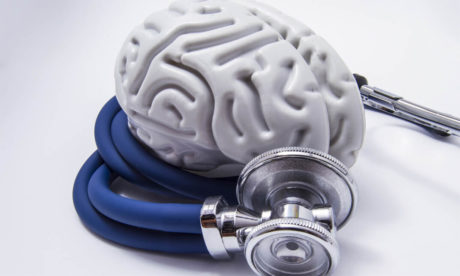Biological Chemistry refers to the study of chemical processes within and relating to living organisms. In this advanced [course_title], the main emphasis is given to the experimental methods to understand the biochemical mechanisms’ biological processes easily. Through this [course_title] you will be able to study effectively the macromolecular machines for energy and force transduction, regulation of biosynthetic and degradative pathways, and the structure and function of nucleic acids etc.
Assessment
This course does not involve any written exams. Students need to answer 5 assignment questions to complete the course, the answers will be in the form of written work in pdf or word. Students can write the answers in their own time. Each answer needs to be 200 words (1 Page). Once the answers are submitted, the tutor will check and assess the work.
Certification
Edukite courses are free to study. To successfully complete a course you must submit all the assignment of the course as part of assessment. Upon successful completion of a course, you can choose to make your achievement formal by obtaining your Certificate at a cost of £49.
Having an Official Edukite Certification is a great way to celebrate and share your success. You can:
- Add the certificate to your CV or resume and brighten up your career
- Show it to prove your success
Course Credit: MIT
Course Curriculum
| Lecture – 1 : Introduction (Part – 1) | 00:10:00 | ||
| Lecture – 2 : Introduction (Part – 2) | 00:10:00 | ||
| Lecture – 3 : Fatty Acid Synthase | 00:10:00 | ||
| Lecture – 4 : Experimental methods for elucidating FAS structure | 00:10:00 | ||
| Lecture – 5 : Chemistry of FAS as paradigm for other molecular machines | 00:10:00 | ||
| Lecture – 6 : Secondary metabolism PKS, NRPS | 00:10:00 | ||
| Lecture – 7 : Chemistry of PKS and NRPS | 00:10:00 | ||
| Lecture – 8 : Chemistry of PKS and NRPS | 00:10:00 | ||
| Lecture – 9 : Chemistry of PKS and NRPS | 00:10:00 | ||
| Lecture – 10 : Biosynthesis of yersiniabactin and cholesterol | 00:10:00 | ||
| Lecture – 11 : Cholesterol biosynthesis | 00:10:00 | ||
| Lecture – 12 : Cholesterol regulation and homeostasis | 00:10:00 | ||
| Lecture – 13 : Sensing insoluble molecules | 00:10:00 | ||
| Lecture – 14 : Regulation of the transcription level by insoluble metabolites | 00:10:00 | ||
| Lecture – 15 : Translation | 00:10:00 | ||
| Lecture – 16 : Elongation, termination, RNA polymerase | 00:10:00 | ||
| Lecture – 17 : Chemical methods for studying translation and the ribosome | 00:10:00 | ||
| Lecture – 18 : Chemical methods for studying translation and the ribosome | 00:10:00 | ||
| Lecture – 19 : Chemical methods for studying translation and the ribosome | 00:10:00 | ||
| Lecture – 20 : Isoleucine tRNA synthetase | 00:10:00 | ||
| Lecture – 21 : tRNA synthase editing mechanisms; G proteins | 00:10:00 | ||
| Lecture – 22 : G proteins motors | 00:10:00 | ||
| Lecture – 23 : G proteins switches | 00:10:00 | ||
| Lecture – 24 : Peptide bond formation; new technologies using the ribosome | 00:10:00 | ||
| Lecture – 25 : Methods for the incorporation of unnatural amino acids | 00:10:00 | ||
| Lecture – 26 : Protein folding in vitro | 00:10:00 | ||
| Lecture – 27 : Protein folding in vitro vs. in vivo degradation | 00:10:00 | ||
| Lecture – 28 : Protein folding in vivo | 00:10:00 | ||
| Lecture – 29 : Chaperone proteins | 00:10:00 | ||
| Lecture – 30 : GroEL GroES | 00:10:00 | ||
| Lecture – 31 : Proteases | 00:10:00 | ||
| Lecture – 32 : Proteosome | 00:10:00 | ||
| Lecture – 33 : Proteosome | 00:10:00 | ||
| Lecture – 34 : Role of Ubiquitin in degradation | 00:10:00 | ||
| Lecture – 35 : Degradation through polyubiquitination | 00:10:00 | ||
| Assessment | |||
| Submit Your Assignment | 00:00:00 | ||
| Certification | 00:00:00 | ||
Course Reviews
No Reviews found for this course.






